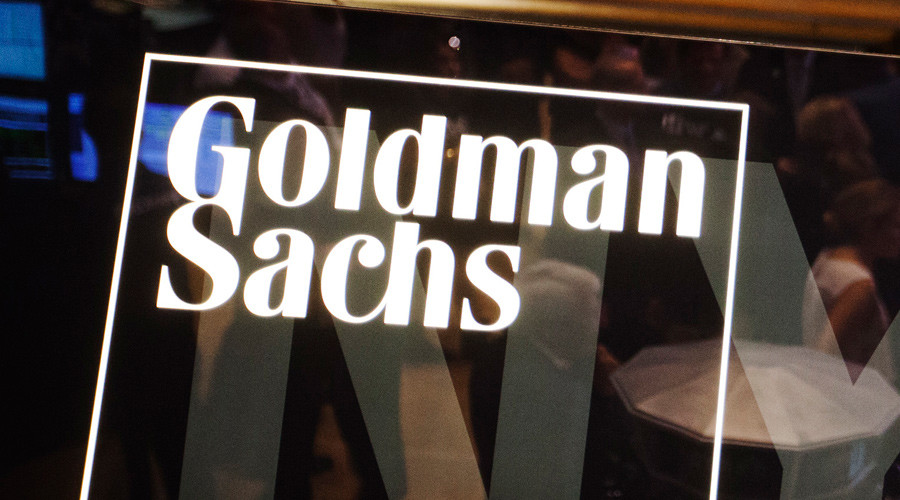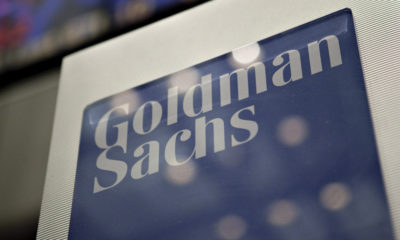The Securities and Exchange Commission (SEC) has announced a new regulatory framework requiring Virtual Assets Service Providers (VASPs) to submit weekly and monthly trading statistics.
This move is part of a broader effort to monitor and regulate Nigeria’s burgeoning crypto market, according to a document released by the SEC titled “A Framework on Accelerated Regulatory Incubation Program for the Onboarding of Virtual Assets Service Providers (VASPs) and other Digital Investments Service Providers (DISPs).”
The framework aims to bring more structure to the country’s crypto ecosystem by amending existing rules on digital asset issuance, offering platforms, exchanges, and custodians.
The SEC’s initiative is seen as a significant step toward enhancing oversight and ensuring compliance within the rapidly evolving digital asset space.
Accelerated Regulatory Incubation Program
The Accelerated Regulatory Incubation Program (ARIP) will provide a special window for onboarding VASPs. The SEC has outlined specific reporting requirements for participants in the ARIP, including:
- Weekly and monthly trading statistics.
- Quarterly financials.
- Compliance reports demonstrating adherence to the SEC’s conditions.
- Reports on key issues such as misconduct, fraud, or operational incidents.
- Actions taken to address customer complaints and emergent risks.
A Growing Market
Nigeria boasts one of the largest peer-to-peer (P2P) crypto markets globally. According to blockchain analytics firm Chainalysis, crypto transactions in the country amounted to $56.7 billion between July 2022 and June 2023, averaging $1.09 billion weekly.
Industry and Regulatory Insights
Senator Ihenyen, lead partner and head of blockchain and virtual assets practice at Infusion Lawyers, emphasized the importance of regulating digital assets for economic and security reasons.
“Nigeria can no longer afford to keep pushing digital assets underground for obvious economic and security reasons,” Ihenyen said.
He noted that the Central Bank of Nigeria’s (CBN) recognition of the SEC’s regulatory role marks a positive shift for the sector, with regulators now working together to ensure consumer protection and investor safety.
Comparisons have been drawn with regulatory practices in South Africa, where a similar approach has been adopted to meet Financial Action Task Force (FATF) standards on anti-money laundering and counter-terrorism financing for digital assets.
“Execution is what will make the difference,” said an industry expert. “We’ve never been lacking in regulations.”
Government and Industry Reactions
Earlier in July, Wale Edun, Nigeria’s minister of finance and coordinating minister of the economy, urged the SEC to address the complexities of crypto regulation.
“The SEC board should be willing to accept the challenge of regulating these new areas, particularly crypto, as they are fast-moving complex areas,” Edun stated.
The Senate Committee on Capital Markets also emphasized the need for crypto regulation to ensure accountability and protect investors’ funds.
Osita Izunaso, chairman of the committee, pointed out, “The issue of cryptocurrency must be regulated because Nigerians are trading in crypto. Since Nigerians are trading in crypto, why are we not regulating it? Where is the money going if we don’t regulate activities in the crypto market?”
Compliance and Challenges
The new regulatory framework aims to facilitate the onboarding of entities willing to engage in virtual asset activities and enhance the SEC’s understanding of digital asset business models.
However, some industry insiders have raised concerns about the practicality of certain requirements, such as the need for a physical presence for crypto companies.
Chimezie Chuta, founder and coordinator of the Blockchain Nigeria User Group, highlighted the potential benefits of regulation for tax revenues.
However, others worry about over-regulation. “We are now like banks that are over-regulated. Between 2020 and now, we have had new regulations and changes to existing rules, but where has that taken us to?” questioned a Lagos-based crypto player.
As Nigeria’s crypto market continues to evolve, the SEC’s new regulatory framework represents a crucial step towards ensuring transparency, accountability, and consumer protection in the digital assets space.


 Billionaire Watch2 weeks ago
Billionaire Watch2 weeks ago


 Startups4 weeks ago
Startups4 weeks ago


 News4 weeks ago
News4 weeks ago


 News4 weeks ago
News4 weeks ago




 Bitcoin4 weeks ago
Bitcoin4 weeks ago
 Naira4 weeks ago
Naira4 weeks ago
 Forex3 weeks ago
Forex3 weeks ago
 Treasury Bills4 weeks ago
Treasury Bills4 weeks ago
















